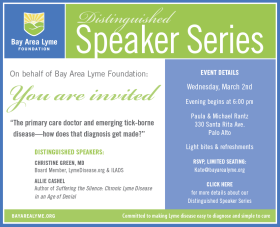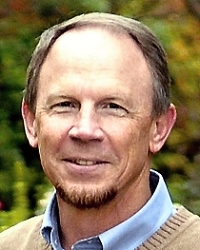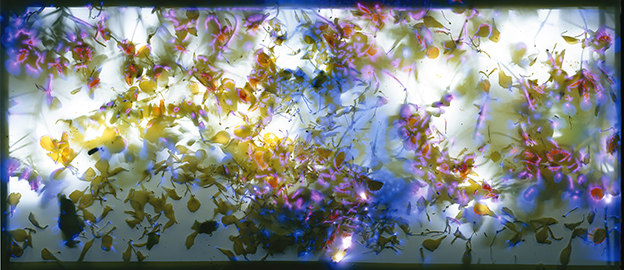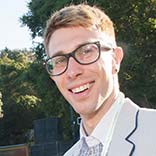FOR IMMEDIATE RELEASE
Media Contact:
Tara DiMilia, 908-947-0500, tara.dimilia@TMstrat.com
Experts Hack for Lyme Disease Solutions in Boston and Berkeley
Bay Area Lyme Foundation Supports the First Hackathon for Lyme Disease to Inspire Innovation
Silicon Valley, CA, April 18, 2016— To inspire innovation to help solve the challenges of Lyme disease, Bay Area Lyme Foundation, collaborating with the Spaulding Rehabilitation Network’s Dean Center for Tick Borne Illness, Harvard Medical School Department of Physical Medicine and Rehabilitation, MIT Hacking Medicine, University of California, Berkeley, and the Veterans Affairs Center for Innovation, is supporting Lyme Innovation, the first ever Hackathon for Lyme disease, a potentially devastating condition newly infecting 329,000 people each year. Scientists, clinicians, researchers, entrepreneurs, and investors from both U.S. coasts participated in this innovative event, which kicked off this weekend, and will continue in Cambridge June 17 – 19, at the Microsoft Nerd Center.
 On March 2nd, Bay Area Lyme again hosted another of its
On March 2nd, Bay Area Lyme again hosted another of its  Dr. Ben Beard, PhD, Chief Bacterial Diseases Branch at the CDC, visited with Bay Area Lyme and invited guests as part of the foundation’s ongoing
Dr. Ben Beard, PhD, Chief Bacterial Diseases Branch at the CDC, visited with Bay Area Lyme and invited guests as part of the foundation’s ongoing  By Dr. Michael Sterns, DVM,
By Dr. Michael Sterns, DVM, 

 By Allie Cashel
By Allie Cashel